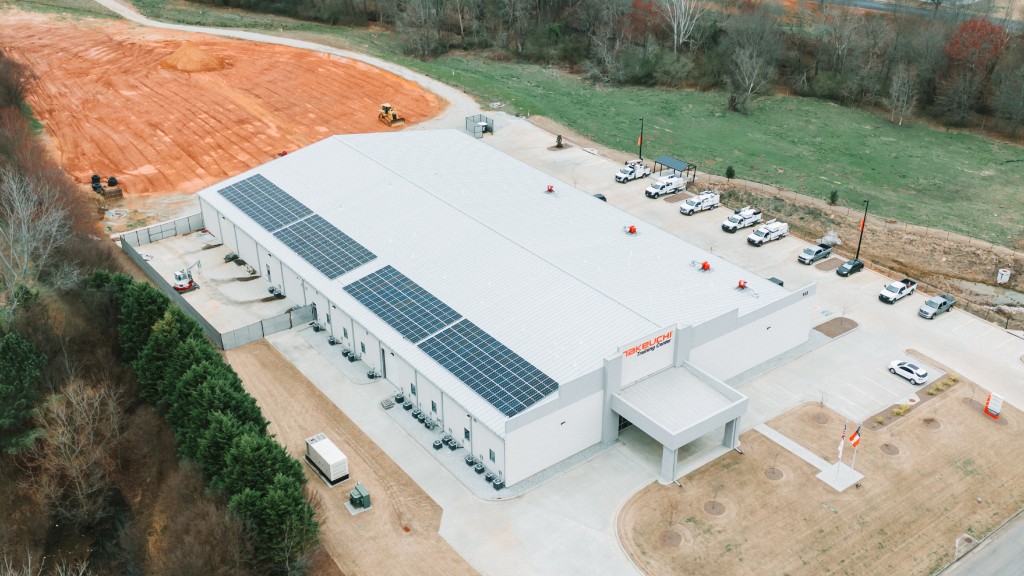
Nobody doubts the fact that the past few years have been pretty darn good for most construction contractors. Having said that, the economy is bound to turn south at some point. That's not being pessimistic. It is being realistic.
Failing to plan for the inevitable, cyclical economic slowdown is one of the biggest mistakes a contractor can make. Contractors need to create sustainable businesses that can thrive when times are good — and survive when times are bad.
I'm not saying it's a foregone conclusion that 2020 will be a bad year. What I am saying is that smart business owners watch for various warning signs that the business climate could be changing — and then make the necessary adjustments to begin positioning their companies for a much different economy than they've grown used to.
Contractors should pay attention to how their commercial customers are behaving. Contractors often deal with one point of contact at a given client. When contractors are suddenly having to wait for sign-off from several people, it is a good indication that the business climate is changing.
Think back to 2008-2012. A large number of construction contractors went out of business because they didn't see the market slowdown coming. They didn't have the sales processes in place to develop deeper relationships, follow up with clients and secure work. Large general contractors are used to doing this. But for the smaller sub-trade specialist, this is very unusual and can catch them off guard.
When caught off guard, contractors can become desperate for work. They end up taking jobs they know will be hard to complete or make a profit on. Sometimes they know they don't even have the right people with the right skills to get the work done. But they take the job anyway. Because the work isn't performed a certain way, the client doesn't pay their bills. The contractor takes the client to court, but ends up losing because they didn't live up to their end of the contract.
This leads into something I talk about a lot — the sales funnel — which becomes even more important during economic downturns.
Most contractors have some kind of sales process. But when times are good, they often don't have to work the process because demand exceeds supply. It's like fish jumping in a boat. I've talked with many contractors who've been closing deals simply by showing up to the jobsite for the first meeting. Clients have been that eager to get projects started.
The problem is that no vetting of the client takes place. Later on, the contractor is sorry they took the job because the client is difficult to work with, or maybe the job isn't as profitable as they'd like it to be. When I speak to contractors and ask how many have ever done a job they regretted taking, at least 60 percent of the hands in the audience go up.
Contractors should define who their A, B and C customers are. What are the characteristics of each? As a given lead proceeds down the sales funnel, the contractor asks more and more questions to determine if the client is an A, B or C.
Obviously, A's are ideal customers. B's are good too. As for the C customers, the contractor really needs to look inwardly. Do I have the discipline and patience to work this project? Many contractors don't, and C customers are not worth the hassle and risk.
By having a good sales process in place, the contractor is able to identify that risk upfront. They are not caught off-guard. If the decision is made to take on a C customer, contractors need to understand the scope of work, which must be well-documented and signed by the client. Contractors need to be religious with change orders, which can end up eating 5-10 percent of a job if not documented, billed and recovered.
For example, a concrete contractor is putting in a driveway. The homeowner asks the foreman if he has any concrete leftover. If so, the homeowner would like a basketball pad installed in the backyard. The foreman says "sure" because he wants to please the customer. One of the crew members ends up backing the truck over a rose garden. Because nothing was signed, the contractor ends up buying the homeowner a bunch of new roses.
In slow economies, this type of thing can become dangerous because contractors can become desperate for work. Contractors are taught that the customer is always right and they should do everything possible to make customers happy. This is not always true. Sometimes a contractor needs to say "no". It's just a matter of knowing when that time comes — before they are caught off guard.



